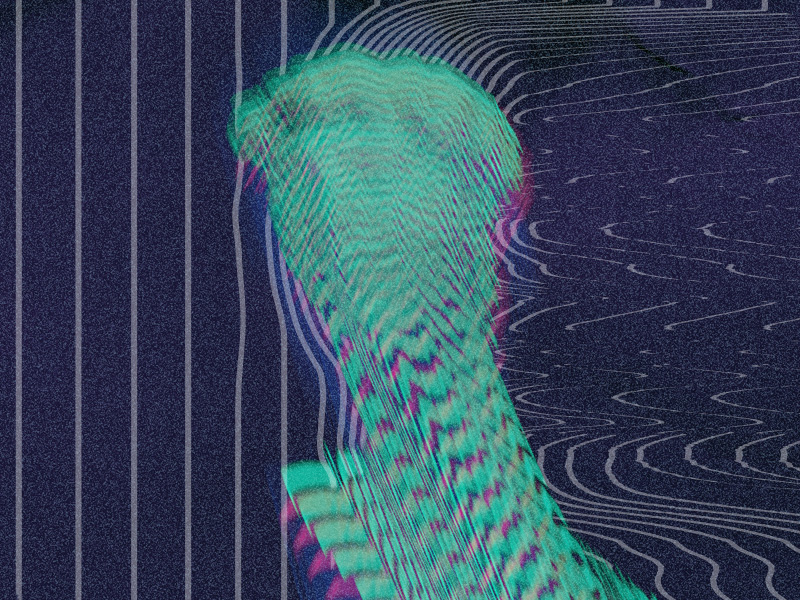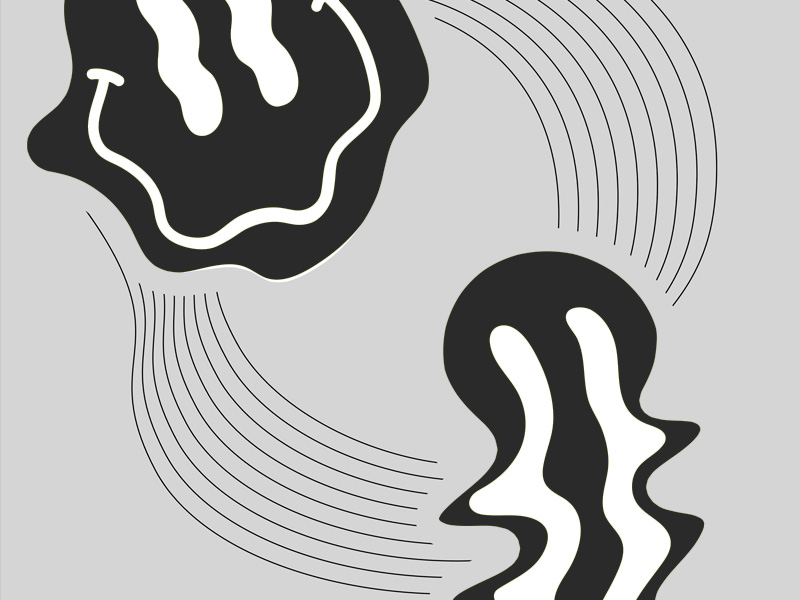Are you wondering whether the authorities can retrieve your deleted Snapchat messages for investigations? You’re in the right place because I’ll explain everything about this.
In short, the police can retrieve unread messages within 30 days of you sending them. They can’t retrieve read and deleted messages, for the most part.
However, digital forensics has advanced a lot in the last few years, and we can’t deduce what the authorities have at their disposal if they’re motivated enough.
If you’re wondering when your Snapchat messages get deleted and what’s the retention period, read below!
Summary:
Can Police Retrieve Deleted Snapchat Messages for Investigations?
This article addresses the question of whether police can retrieve deleted Snapchat messages during investigations. Understanding Snapchat's policies and the potential for digital forensics can provide clarity on this topic.
Snapchat's Privacy Policy on Message Deletion
According to Snapchat's Privacy Policy:
- Read Messages: These are deleted after 24 hours.
- Unread Messages: These are deleted after 30 days.
Once deleted, these messages are removed from Snapchat's servers. However, some metadata may still exist, which could potentially be accessed through digital forensics.
Police Access to Snapchat Information
Legal Processes
Police can access some information from Snapchat when provided with proper legal documentation, such as:
- Subpoenas: These compel Snapchat to provide certain records.
- Court Orders: These require Snapchat to disclose more detailed information.
- Search Warrants: These allow law enforcement to access a user's full account information.
Emergency Situations
In situations involving immediate severe bodily harm, Snapchat may voluntarily disclose user information to the police. This is done to prevent potential danger and ensure user safety.
Digital Forensics
Although Snapchat deletes messages from their servers, digital forensics can sometimes recover metadata. Metadata may include information like timestamps and sender/receiver details, which can still be valuable in investigations.
Limitations of Privacy on Snapchat
While Snapchat is considered a private social media platform, it is important to note that no online platform can guarantee 100% anonymity or privacy. User information can still be accessed under certain conditions, especially when legal or emergency situations arise.

When Are Snapchat Messages Deleted?
When wondering about data retention, this is the first question on everyone’s mind. Snapchat deletes read messages after 24 hours of you viewing them, according to its Privacy Policy.
However, you can change this to “delete immediately after being read, ” meaning the messages will be deleted after the other person has viewed them.
Those messages are theoretically gone from both of your devices. However, some metadata may be left behind, and through digital forensics, scraps of these messages may be retrieved.
Snapchat also deleted these messages from their servers, so even if the police come asking for them, Snapchat has nothing to offer.
If the other party hasn’t read the messages, they are set to be deleted automatically after 30 days. So, if the police requests access to your messages during those 30 days, they will get them.
After 30 days pass, the same thing happens. They are deleted permanently from your phone and Snapchat’s servers.
This is what Snapchat says on the “Safety” notice:
“While it’s true that we value ephemerality in our Snaps and Chats, some information may be retrieved by law enforcement through proper legal process. You can learn more about when Snapchat deletes Snaps and Chats.“
So, the police may have access to “some information” about your Snapchat account. They don’t clarify what this “information” might be, though.
It could be messages, deleted or otherwise, as far as I’m concerned.
How Easy Can Police Retrieve Snapchat Messages?
Based on Snapchat’s policies and notices, the police shouldn’t have an easy time getting access to your data. In their own words, “The SCA mandates that we disclose certain Snapchat account records only in response to specific types of legal process, including subpoenas, court orders, and search warrants.“
The SCA refers to the Stored Communications Act, which Snapchat is obligated to follow if they are to function as a public entity in the US.
However, Snapchat also says they can voluntarily disclose photos and messages if they have sufficient reasons to believe there’s a risk of immediate severe bodily harm.
So, extreme situations call for extreme measures. Snapchat can and will disclose your information if there’s an “emergency” signaled by someone else or the authorities.
If the authorities prove the nature of the emergency beyond the shadow of a doubt, they will get their hands on your messages.
It’s still unclear whether they can get deleted messages too. According to common sense, they shouldn’t be able to.
But data forensics may gather metadata off your phone and manage to piece together the deleted Snapchat messages.
According to Snapchat, most metadata is deleted after 30 days, and if they need to keep it for longer, they will delete all personal identifiers before storage.
Should You Worry About Privacy on Snapchat?
Snapchat is one of the most private social media apps at the moment. It’s among the few platforms that permanently delete messages after being read by the other party.
This provides users a sense of security and privacy since there is no trace of discussions on the chats. Even if the police come knocking on the door, they’re unlike to recover deleted messages.
On the other hand, you should know by now that you can’t remain 100% anonymous and private while using an online platform.
Nothing remains hidden forever, and the internet always has a way of storing data in one shape or form. Even Snapchat, an app touted as the leading private platform on the web, will cooperate with the police and share your information if needed or requested.
The type of information they can offer differs from person to person, but they can legally do that without repercussions.
So, if you’re looking for total privacy or anonymity, you won’t find it on any social media platform, not even Snapchat.
Conclusion
Is Snapchat spying on you? Are they very open to police investigations, and will they offer the authorities your information on a silver platter?
The answer is more complicated than a “yes” or “no“. Snapchat needs good legal reasons to cooperate with the authorities.
They need proof of subpoenas, court orders, or search warrants before they offer any information to the relevant authorities.
On the other hand, they may willingly offer information to the authorities if they have sufficient proof of an emergency threatening someone’s life.
If you’re confused about something related to Snapchat and its privacy policy, feel free to comment below. I’ll reply as soon as possible.
Until then, stay tuned for more articles on Snapchat!




